Ofcom tells BT Openreach to install leased lines faster
Regulator will make BT cut costs of business lines too
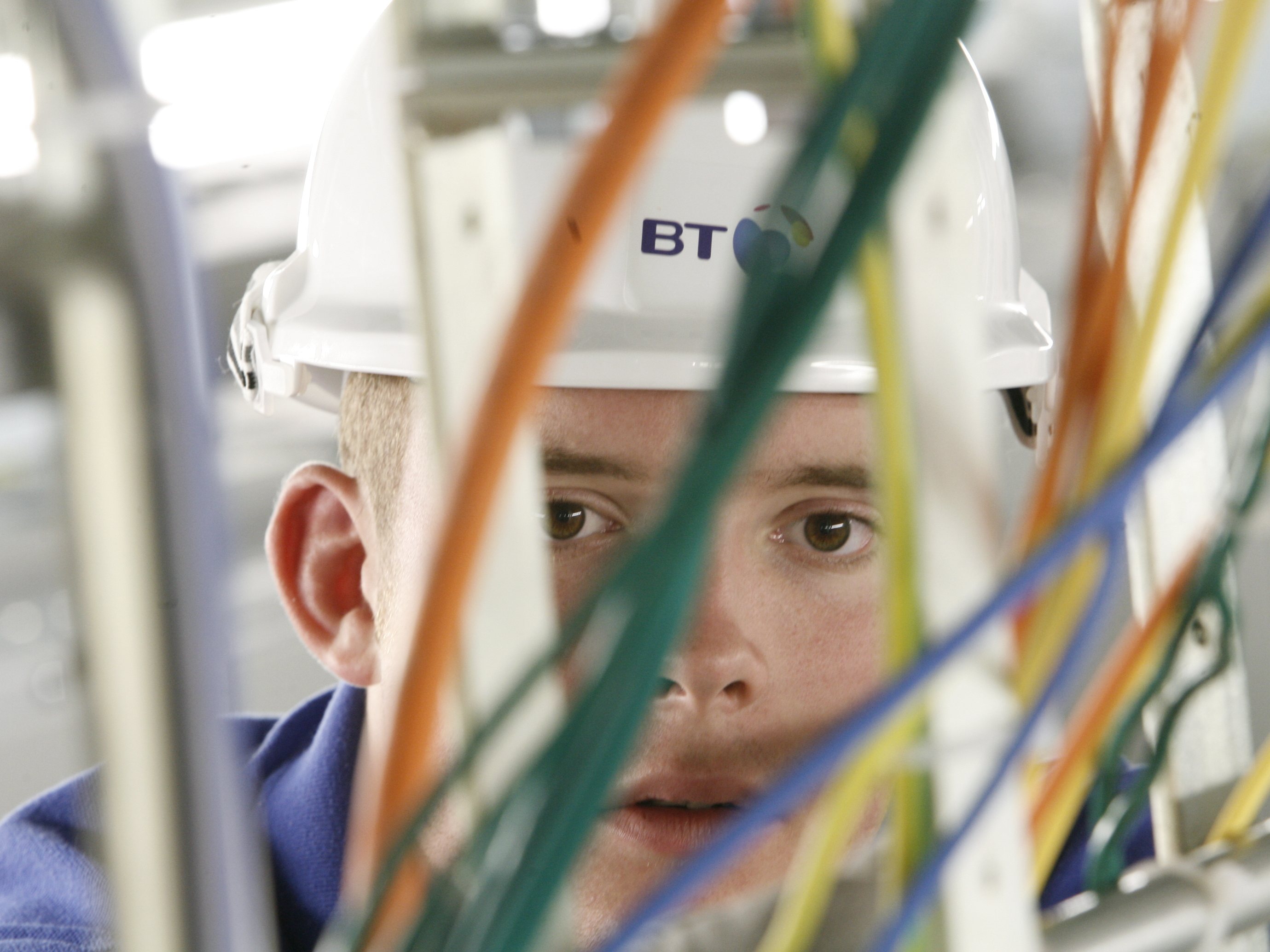
Sign up today and you will receive a free copy of our Future Focus 2025 report - the leading guidance on AI, cybersecurity and other IT challenges as per 700+ senior executives
You are now subscribed
Your newsletter sign-up was successful
BT must slash its prices for high-speed business lines and install them more quickly, under new Ofcom recommendations released today.
The new rules, which are subject to EU approval, would see the regulator impose tougher installation targets on BT and its fibre network arm, Openreach, when they install leased lines, a process that currently takes 48 working days, up from 40 in 2011.
Leased lines are dedicated high-speed data links made available to businesses to transfer high volumes of data on their networks.
The majority of these lines are owned or maintained by BT, on behalf of rivals who can provide their own services on them.
Ofcom's proposals would require Openreach to reduce its average installation times to 46 days by 2017, and back down to 40 the following year, after finding that the body fails to complete one in four installations on the agreed date.
Jonathan Oxley, Ofcom competition group director, said: "BT is relied on by many companies to install these lines, and its performance has not been acceptable. These new rules will mean companies across the UK benefit from faster installation times, greater certainty about installation dates, and fast repairs if things go wrong."
Openreach must complete 90 per cent of leased line installations on the day it originally promises from April 2018, under Ofcom's plans.
Sign up today and you will receive a free copy of our Future Focus 2025 report - the leading guidance on AI, cybersecurity and other IT challenges as per 700+ senior executives
Prices
Meanwhile, Ofcom wants BT to make deep cuts to its leased line prices.
Newer lines based on Ethernet standards, with bandwidths up to 1Gbps, would see an initial 12 per cent cut, with an overall cap - linked to the consumer price index - of 13.25 per cent for each year of the charge control.
For older lines with bandwidths of up to 8Mbps, Ofcom will enforce a nine per cent price reduction, with an overall cap, linked to the consumer price index, of 3.5 per cent for each year of the charge control.
Ofcom aims to bring prices down over a three-year period starting this May.
"Today's statement from Ofcom is very much in line with what they proposed last year," a BT spokeswoman said in a statement, "so there are no surprises here. Competition and choice have been growing in the business connectivity market and we believe there is a strong case for less, not more, regulation."
She added: "We accept there is more to do on service and are committed to doing better and meeting our business customers' rising expectations. Ethernet provision can be complex and the need for street works and wayleaves mean delays are often beyond our control. We are doing all we can to overcome such challenges. The required Ethernet price cuts and the introduction of dark fibre will not help to underpin service improvement."
Dark fibre network
Ofcom also wants to loosen BT's grip on the UK broadband market by giving rivals more access to the telco's dark fibre network, which is effectively fibre that is not lit' by BT rather by another provider who would install their equipment at both ends of the optical fibre.
BT is already required to offer leased line products including fibre and BT's own network kit to competitors, but Ofcom wants to allow rivals to use their own network equipment, instead of relying on BT's.
Oxley added: "We have outlined plans to reduce the country's reliance on BT's Openreach division. Our proposals on dark fibre' do just that, letting BT's competitors better serve their customers by getting direct access to BT's optical fibre cables."
The BT spokeswoman said: "Dark fibre is a flawed piece of regulation that introduces an unnecessary layer of complexity and will deter others from building their own fibre networks. It is at odds with Ofcom's recent statements about increasing competition at the infrastructure level. It is a cherry pickers' charter benefiting those who don't invest in networks at the expense of those who do including BT, Virgin Media, City Fibre and Zayo."
EU approval
The proposals were published today in Ofcom's Business Connectivity Market Review, and must gain approval from the European Commission before being finalised by the end of April.
They come after Ofcom's Strategic Review of Digital Communications, in which the regulator decided not to remove Openreach from the control of BT, but forced BT to open up its network more to rivals.
-
 ITPro Excellence Awards winners unveiled
ITPro Excellence Awards winners unveiledIt's time to celebrate excellence in IT. Read on for the full list of winners...
-
 This new mobile compromise toolkit enables spyware, surveillance, and data theft
This new mobile compromise toolkit enables spyware, surveillance, and data theftNews The professional package allows even unsophisticated attackers to take full control of devices
-
 Equinix acquires BT's Irish data centers in €59 million deal
Equinix acquires BT's Irish data centers in €59 million dealNews As BT moves to an asset-light business model, Equinix looks to expand
-
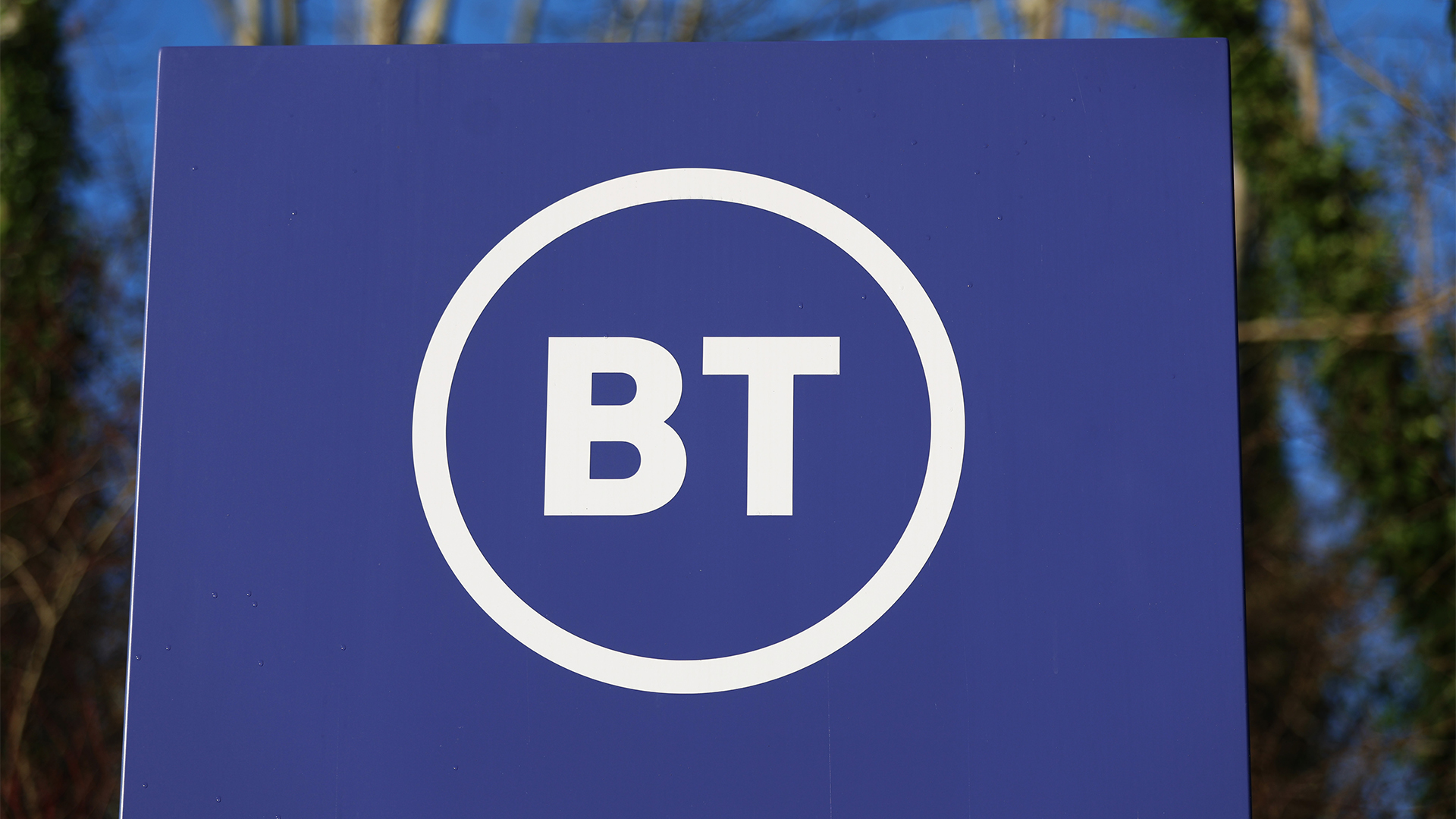 BT just extended the PSTN switch-off deadline — here’s what you need to know
BT just extended the PSTN switch-off deadline — here’s what you need to knowNews BT described the move as a “revision”, citing a series of improvements to the wider PSTN switch-off programme
-
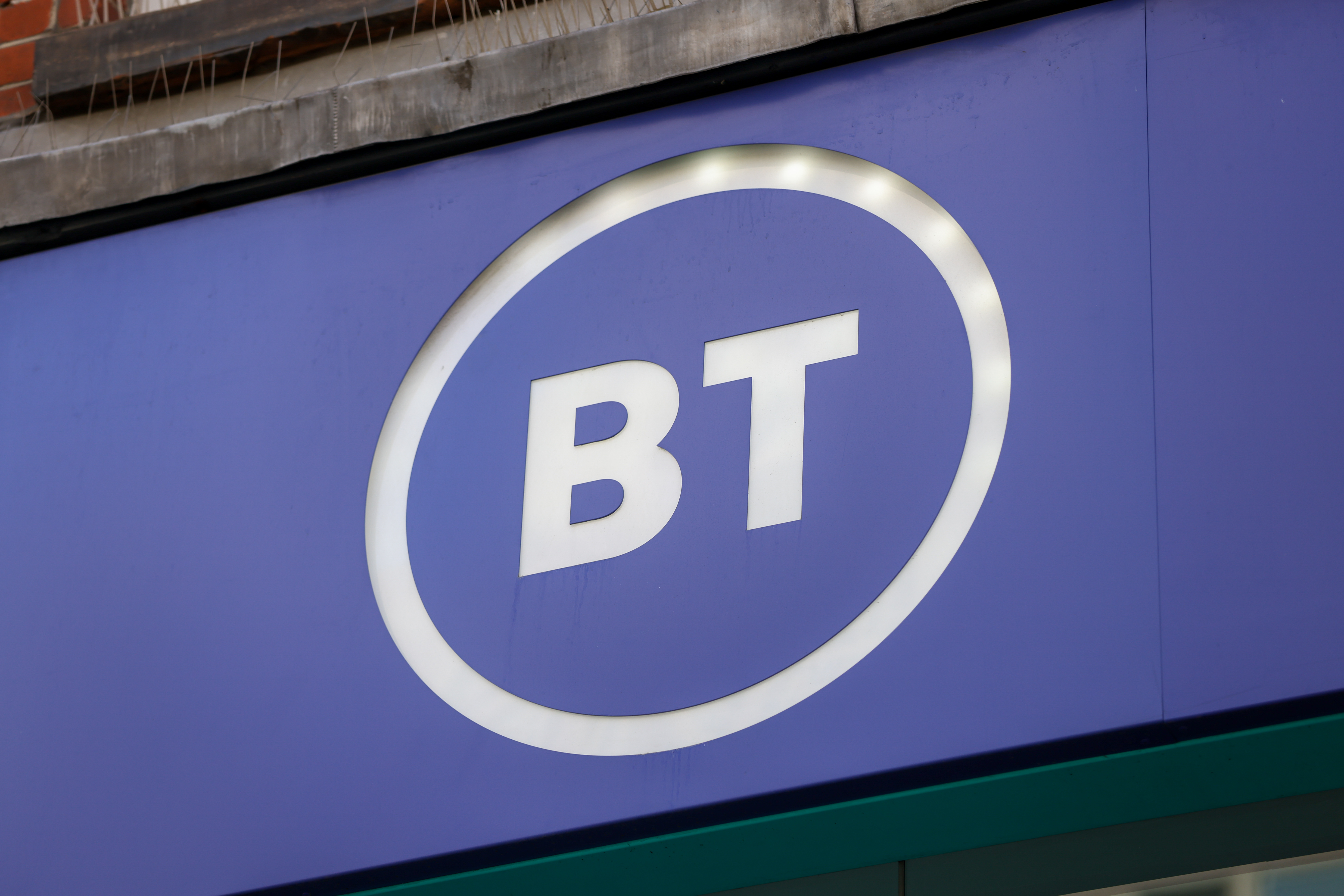 BT misses key Huawei kit removal deadline, but the telco is “almost over the line”
BT misses key Huawei kit removal deadline, but the telco is “almost over the line”News BT is still reliant on non-compliant Huawei equipment for 2G and 3G services
-
 BT partners with HPE to deliver new global managed LAN service
BT partners with HPE to deliver new global managed LAN serviceNews The latest collaboration combines BT’s connectivity expertise with HPE Aruba Networking’s latest LAN solutions
-
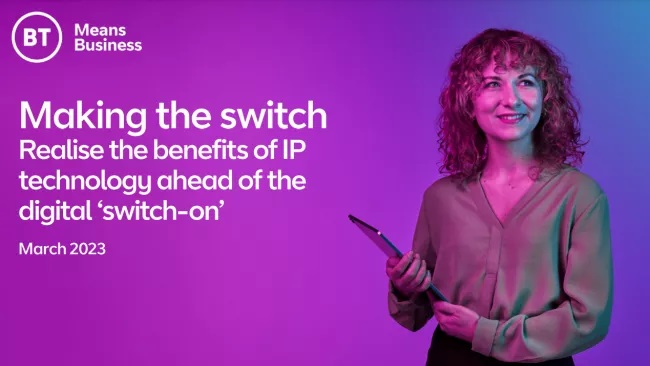 Making the switch
Making the switchWhitepaper Realise the benefits of IP technology ahead of the digital ‘switch-on’
-
 BT and OneWeb succeed in "game changer" satellite connection trial
BT and OneWeb succeed in "game changer" satellite connection trialNews Smaller businesses in rural areas could benefit from improvements to backhaul services using satellites, with speeds increasing by an order of magnitude
-
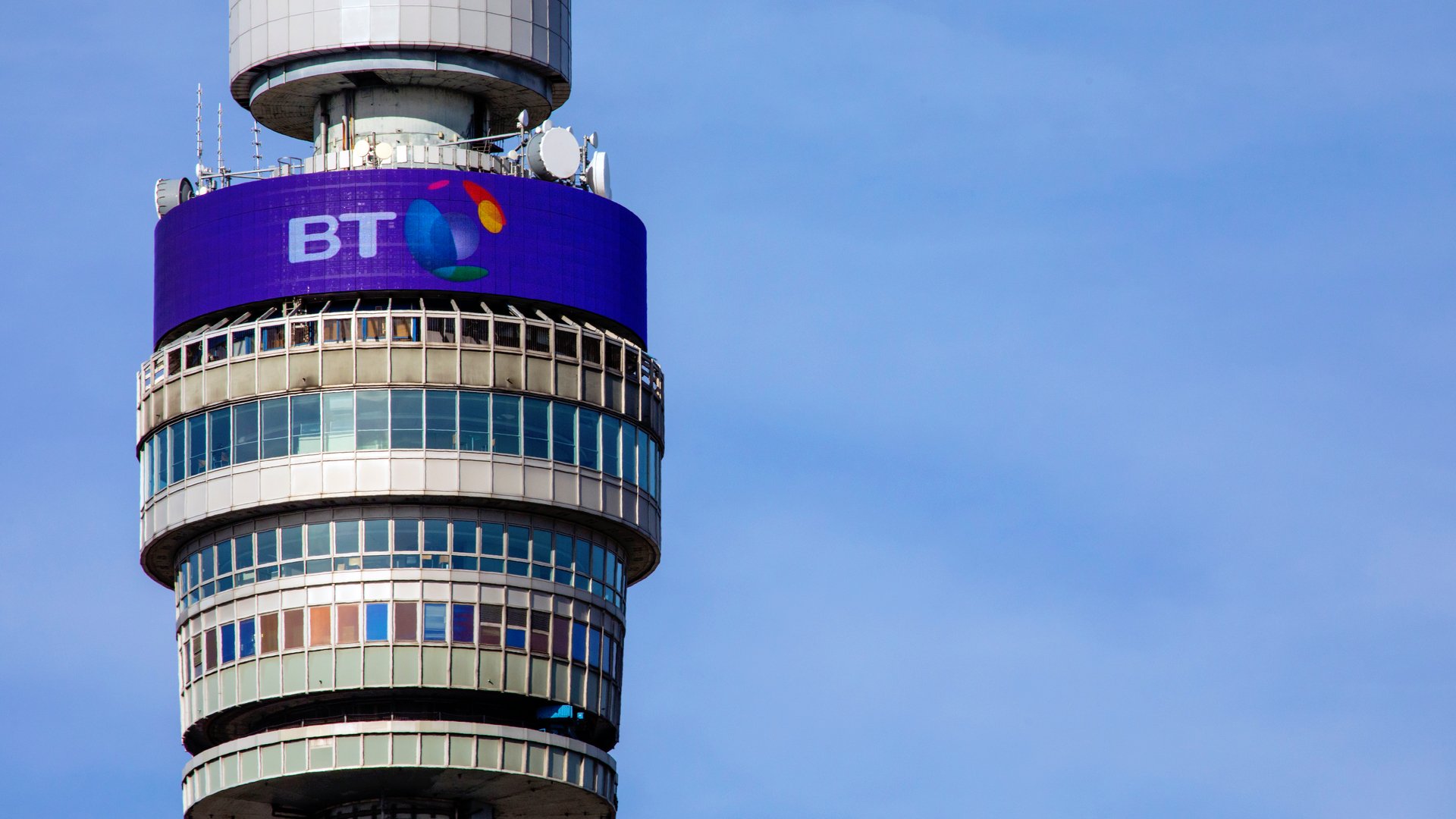 BT, Nokia crack four carrier aggregation on a 5G network in first for Europe
BT, Nokia crack four carrier aggregation on a 5G network in first for EuropeNews The breakthrough marks the first successful use of such technology on a live network, and could lead to dramatic network improvements
-

 BT Mini Whole Home Wi-Fi review: Value-conscious range extension
BT Mini Whole Home Wi-Fi review: Value-conscious range extensionReviews You shouldn’t expect top performance, but this dinky mesh system eradicates notspots for a great price